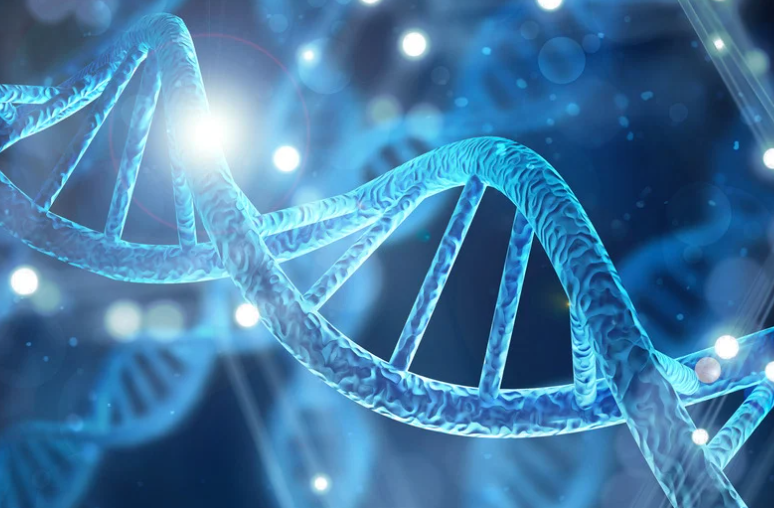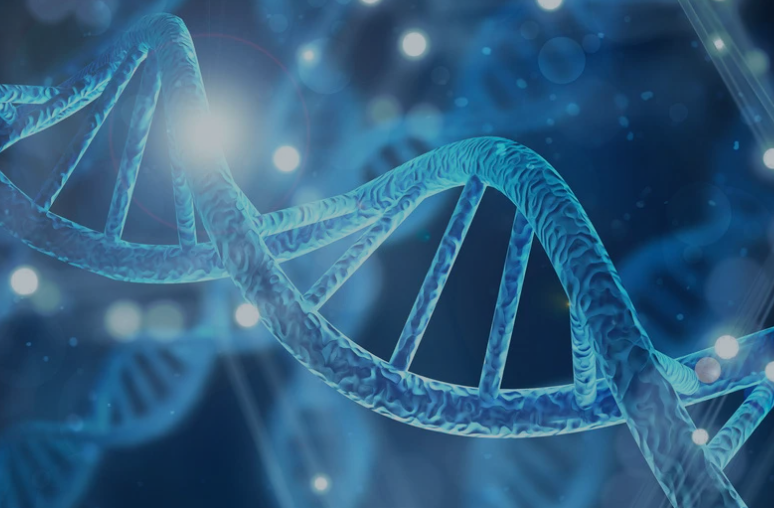Have you ever marveled at the mystery of aging? Why do some people seem to defy the passage of time, maintaining vibrant health well into their later years, while others face a litany of health issues as they age? The answer might lie in the emerging field of epigenetics – the study of changes in gene expression that don’t involve changes to the underlying DNA sequence.
My upcoming book– Create The Vitality You Crave: Epigenetics 101 to Unlock Your Healing Powers will go into great detail, and provide significant tips to increase your health-span through Epigenetics, yet this week I want to give you a head start.
Understanding Epigenetics:
At its core, epigenetics is like a molecular switchboard that regulates which genes are turned on or off within our cells. Picture your DNA as the hardware of a computer, and epigenetics as the software that tells the hardware what to do. This software can be influenced by a variety of factors, including diet, exercise, stress, relationships, and environmental toxins.
“Epigenetics is the study of how environmental factors talk to your DNA and change which genes are active, thereby shifting how your cells conduct the chemistry of life”, states Dr. Terry Wahls.
Epigenetics involves changes in our genes, but not the genes themselves. Instead, it’s like a set of instructions that tells our genes when to turn on or off. This happens through processes like adding small chemical tags to our DNA (called DNA methylation), changing how proteins called histones interact with DNA (histone modification), and even through certain types of RNA that don’t make proteins (non-coding RNA).
These changes can affect how our genes work without changing the genes themselves. For instance, methylation has an impact on over 200 biochemical processes, similar to spark plugs in an engine. It impacts gene expression and DNA repair. Methylation also has a huge impact in Phase 2 liver metabolism of toxins. The food we eat, and the toxins we are exposed to, all impact methylation – speeding it up or slowing it down. Both too fast, and too slow, are not optimal for your DNA.
Additionally, Dr. Bruce Lipton, considered the Godfather of epigenetics, stated that “the chemistry of our blood changes the expression of our genes” and “your thoughts are converted into chemistry that controls your biology.” Now, how’s that for Epigenetic power?

Understanding SNP’s –Single Nucleotide Polymorphisms?
In a nutshell, SNPs (pronounced “snip”) are individual mutations or variances that we have in our Genome or genetic wiring. Each SNP represents a difference in a single DNA building block, called a nucleotide.
SNPs occur normally throughout a person’s DNA. On average, they occur almost once in every 1,000 nucleotides, which means there are roughly four to five million SNPs in a person’s genome. These variations occur in many individuals. To be classified as a SNP, a variant is found in at least one percent of the population. Scientists have found more than 600 million SNPs in populations around the world.
Renowned American Genetic Expert Ben Lynch, ND, brings great clarity in his book “Dirty Genes” by teaching that “Your Genes are NOT your destiny!” Even if you have a SNP on a certain gene, you can still dramatically impact the expression of our genes.
Can We Influence the Expression of Our Genes?
The good news is that while we can’t change our DNA, we can potentially modify our epigenetic marks through lifestyle changes. Studies suggest that a healthy lifestyle, including a balanced diet and regular physical activity, can positively influence epigenetic markers associated with longevity and disease prevention. Even simple practices like mindfulness meditation and adequate sleep have been shown to have beneficial effects on our epigenome.
In addition to lifestyle factors, emerging research suggests that certain dietary components may have epigenetic effects. For example, studies have found that bioactive compounds in foods like green tea, turmeric, and cruciferous vegetables can modulate epigenetic pathways, potentially reducing the risk of chronic diseases.
The Impact on Health-span:
The implications of epigenetics for our health-span, the period of our lives when we’re generally healthy and free from serious disease, are profound. Research has shown that certain epigenetic modifications are associated with an increased risk of diseases like cancer, diabetes, and cardiovascular disorders. Deepak Chopra, MD has stated that “The way you think, the way you behave, the way you eat, can influence your life by 30-50 years.” This my friends, is a result of epigenetics!
Moreover, epigenetic changes can occur throughout life in response to environmental factors. For example, studies have demonstrated that maternal diet during pregnancy can influence the epigenetic profiles of offspring, potentially affecting their risk of developing chronic diseases later in life. This highlights the importance of understanding epigenetics not only for our own health but also for future generations.

The Future of Epigenetics:
Looking ahead, the future of epigenetics holds great promise. Researchers are exploring the potential of epigenetic therapies – drugs or interventions that could reverse harmful epigenetic changes associated with disease. One area of particular interest is cancer treatment, where epigenetic modifications play a critical role in tumor development and progression. Drugs that target these epigenetic changes, known as epigenetic inhibitors, are already being used in the clinic to treat certain types of cancer.
In my world of teaching people to “Create the Vitality You Crave” the whole point is to indeed prevent cancer and never have to rely on these drugs.
Conclusion:
In conclusion, epigenetics offers a new paradigm for understanding how our genes interact with the environment to influence our health and lifespan. Whether you’re interested in longevity, disease prevention, or simply understanding your own health, epigenetics is a field worth exploring. By making lifestyle changes that support a healthy epigenome, we may be able to enhance our health-span and potentially match it with our lifespan. Stay tuned for the details of my book launch – Create The Vitality You Crave: Epigenetics 101 to Unlock Your Healing Powers – that will be coming out in early June and loaded with tips and education on how you can indeed make your health-span match your lifespan though the power of Epigenetics.
You can click here to be notified of its release date and save $$ in the 1st 72 hours.

